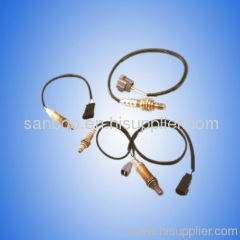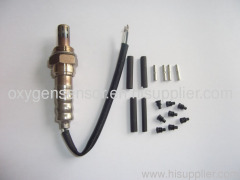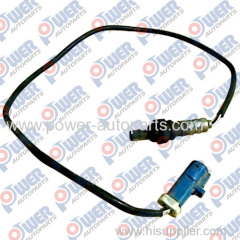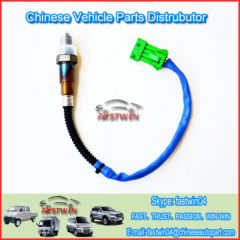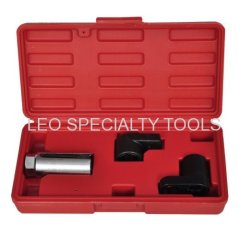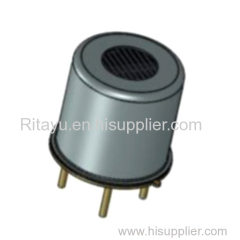
Limiting Current Type Sensor Oxygen Sensors
| Min. Order: | 1 Piece/Pieces |
|---|---|
| Trade Term: | FOB |
| Payment Terms: | T/T |
| Supply Ability: | 5000 PCS/month |
| Place of Origin: | Guangdong |
Company Profile
| Location: | Shenzhen, Guangdong, China (Mainland) |
|---|---|
| Business Type: | Agent, Distributor/Wholesaler |
| Main Products: | Gas Sensor/pressure Sensor/liquid Level Sensor/temperature & Humidity Sensor.. |
Product Detail
| Model No.: | SO-E2-960 |
|---|---|
| Output: | Analog Sensor |
| Theory: | Current Sensor |
| Usage: | Gas Sensor |
| Brand Name: | Austria |
| Measuring ranges: | 1.00 - 96.0 vol.% O2 |
| Response time (t90): | 2 to 25 sec. |
| Production Capacity: | 5000 PCS/month |
| Delivery Date: | 5~7 work days |
Product Description
SO-E2-960
Limiting Current Type Sensor Oxygen sensors
When voltage is applied to a zirconia electrolyte cell, oxygen is pumped through the zirconia disc from the cathode side to the anode side because the carriers of the current flowing through the zirconia electrolyte are oxygen ions. By attaching a cap with a pinhole on the cathode side of the cell and by increasing the voltage over the cell the current shows saturation due to the rate limiting step in the transfer of oxygen to the cathode. This saturation current is called limiting current and is nearly proportional to the ambient oxygen concentration.
Below the advantages of the oxygen sensor:
measuring range 1.00 to 96.0 vol.% oxygen
High accuracy
For many types a more or less linear characteristic
Small temperature dependence of the sensor signal
Low interference with other gases
Long service life
In many cases "Single point calibration" necessary only once
Applications:
Medical
Laboratory
Food industry
Household/Gastronomy
Measuring technique
Security technology/Monitoring
(Electrical-) industry
Characteristic Data:
Measuring gas: Oxygen concentration
Measuring medium: Gaseous atmosphere
Measuring principle: Limiting current type sensor
Measuring ranges: 1.00 - 96.0 vol.% O2
Response time (t90): 2 to 25 sec. (Depends on: sensor type, gas flow, measuring chamber)
Sensor voltage / heating voltage / power consumption / heater cold resistance
Sensor voltage: 0,7 to 1,6 Volt
Heating voltage: 3.6 - 4.4 Volts
Power consumption: 1.3 to 1.8 Watts (depends on application and packaging)
Cold resistance: R( 25°C ) = 3.25Ω ± 0.20Ω
Warm up time: Min. 30 s
Maximum permissible operating temperature: 350 °C (*)
*Depending on the cable and filter assembly (see paragraph: specification, Cable assembly)
Permissible volumetric flow rate (Purging the sensor)
For all sensor types, the maximum flow rate depends on the way of purging the sensor (sensor in direct gas flow, gas beam shape, etc.) and the size of the measuring chamber. Exception: SO-E1-xxx (TO8 + hose connection for direct gassing). Permissible flow [ml/min]: 100 - 500 (optimal: 250)
Lifetime (MTTF): ~ 20.000 hours (*)
* Depending on measuring medium. Stated lifetime refers to a heated, operated sensor of type SO-xx-250 and SO-xx-960. A failure or reaching the lifetime typically means a slight deviation from the dispatch specifications.
Vibration resistance
Sensors based on the TO8 socket as well as those built with a TO39 socket (SO-Bx-xxx, SO-Ex-xxx, SO-Ax-xxx) meet the European Norm EN60068-2-6 (Sinusoidal vibration tests).


